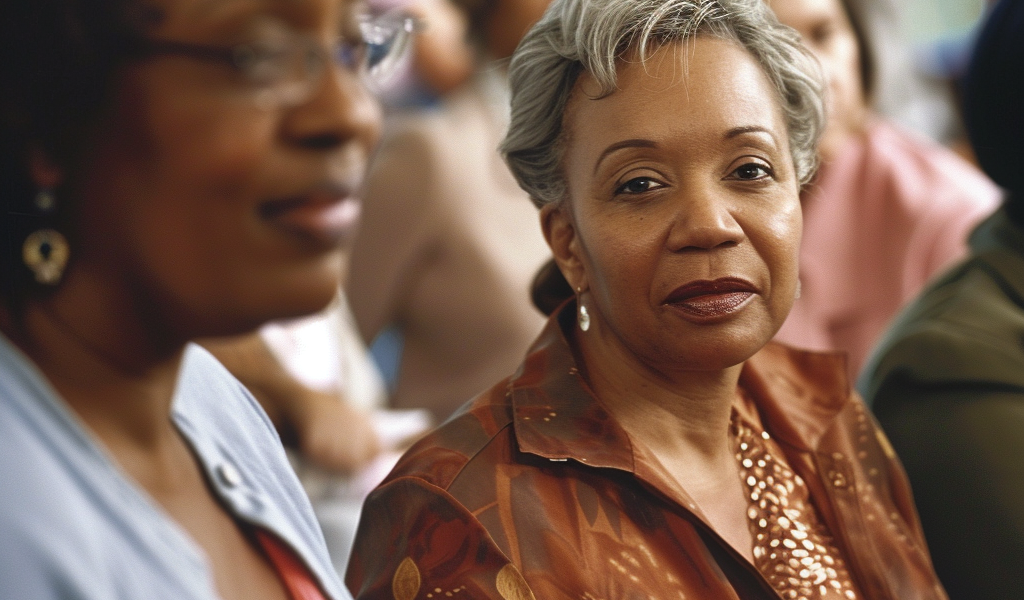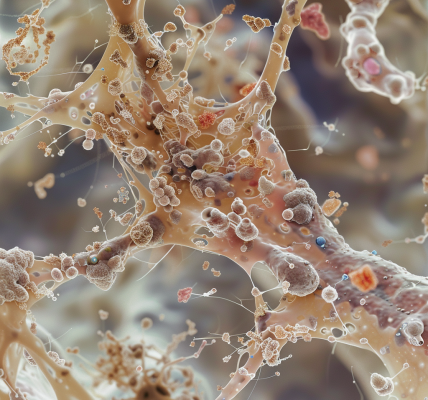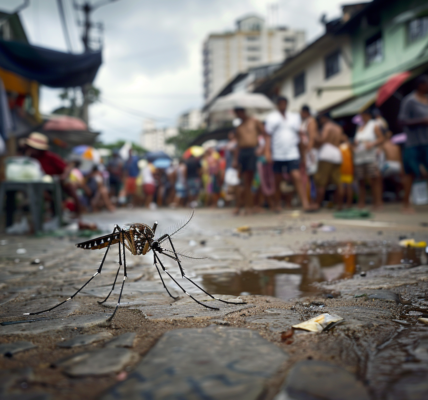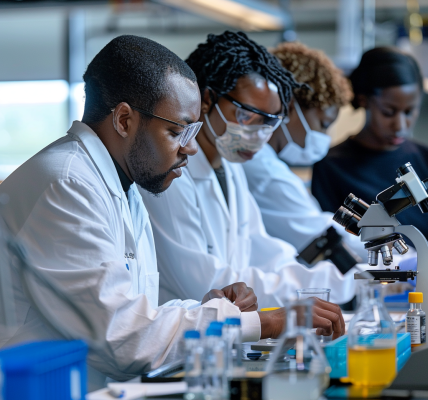Low-income, socially isolated, and uninsured women in the US are less likely to be up-to-date on mammograms, a crucial breast cancer screening tool, according to a recent report from the Centers for Disease Control and Prevention (CDC).
Breast cancer is a prevalent cancer among American women, claiming an estimated 40,000 lives annually. The Biden administration aims to reduce the overall toll of cancer, which accounts for 605,000 American deaths each year, through initiatives like the Cancer Moonshot.
Dr. Jacqueline Miller, the medical director of CDC’s National Breast and Cervical Cancer Early Detection Program and one of the study’s lead authors, emphasized the importance of meeting women’s social needs to increase the likelihood of receiving life-saving mammograms.
The study, based on data from the 2022 Behavioral Risk Factor Surveillance System, revealed that women facing social deprivations, such as lack of health insurance, reduced work hours, layoffs, social isolation, and transportation challenges, were less likely to undergo mammograms. The recommended frequency for mammograms is annually for women aged 45-54 and every two years thereafter.
Furthermore, the research highlighted that women experiencing multiple social needs had even lower mammogram rates, with significant variations across states. For instance, only 44% of women in Wyoming with multiple social deprivations had a recent mammogram, compared to 78% in Rhode Island.
Surprisingly, the study found that Black women reported higher overall mammogram rates, contrary to expectations given existing disparities in healthcare access and outcomes.





